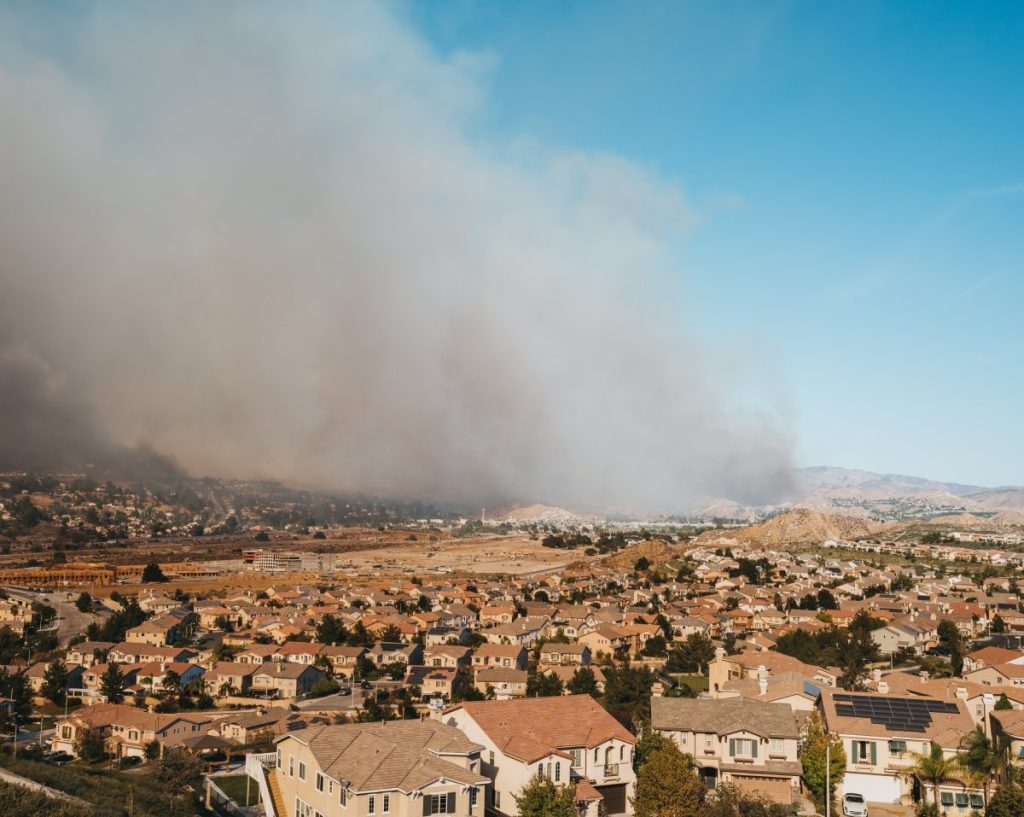While property insurance is likely the most recognizable and most discussed type of insurance, equally important is the liability policies providing coverage for the association, its employees, and the board. Board members and property managers should discuss all types of liability coverages, from general liability to errors and omissions policies, to ensure that everyone has a good understanding of what coverages exist and when each may come into play.
Most policies have two distinct duties, the duty to indemnify and the duty to defend. As in most states, Florida law recognizes that the duty to defend is distinct from, and broader than, the duty to indemnify the policyholder. An insurer’s duty to defend its policyholder is based entirely on the specific facts and theories alleged in the claim or lawsuit brought against it. The true facts that give rise to the action, the policyholder’s version of those facts, or any applicable defenses to the action are irrelevant for determining whether the insured can rely on the liability insurer to pay for the defense.
Often there may be multiple actions brought against the insured, some falling within the scope of coverage and some not. Similarly, there are often doubts as to whether the duty to defend arises under the facts or theories pled. Much like resolving ambiguities, all doubts as to whether a duty to defend arises are resolved in favor of the policyholder so long as there is a potential for coverage to exist. Similarly, in the situation of multiple claims, as long as one claim gives rise to the duty to defend, the insurer is obligated to defend its policyholder against all of the various claims pled.
Understanding what policies your association has and what exclusions may apply is the only way to know if you are fully covered. Associations should speak with their broker early and often to ensure that the appropriate coverages are purchased and maintained.


